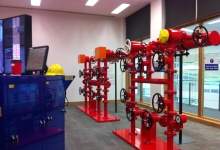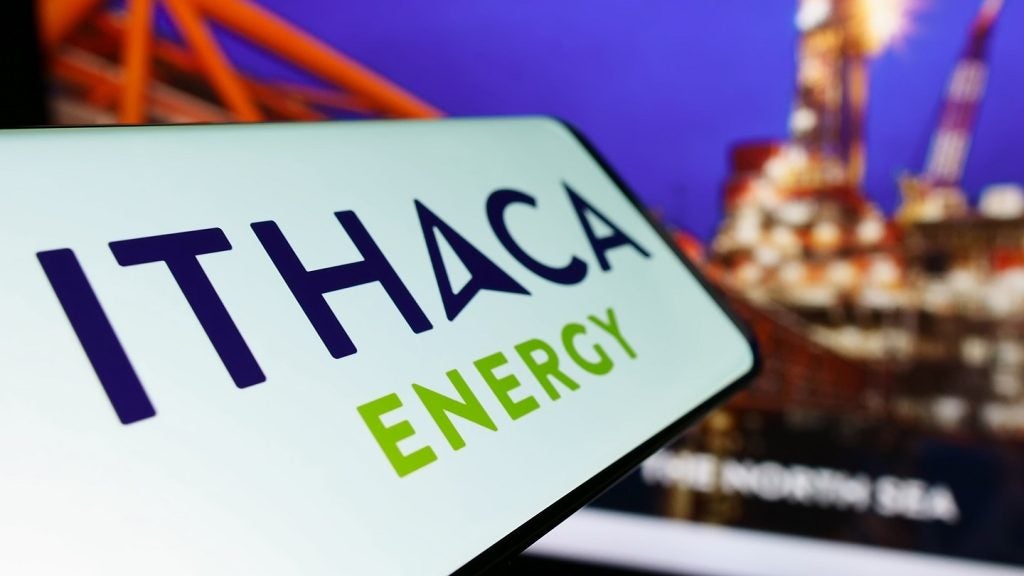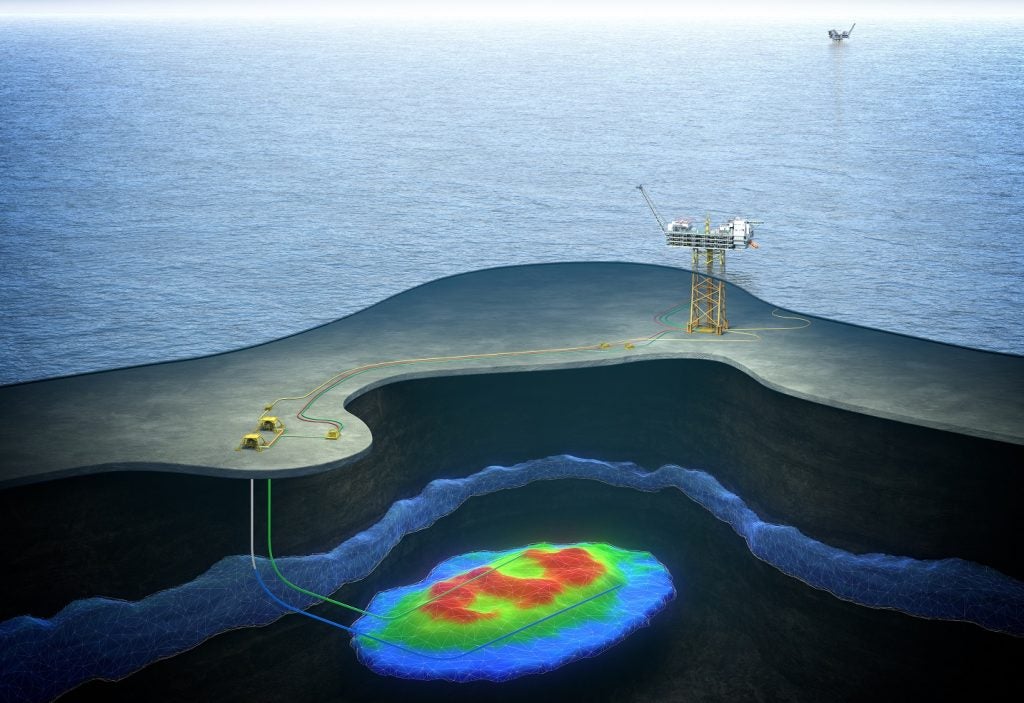
BP digital software” height=”321″ src=”https://www.offshore-technology.com/wp-content/uploads/image-digitalinsightresearch/Archive/Main/Digital%20simulator.jpg” width=”430″ />
In July, BP opened the doors to its shiny-new Upstream Learning Centre built on spare land at its International Centre for Business and Technology (ICBT) in Sunbury-on-Thames.
The centre is designed to embody BP’s commitment to first-class training, cutting-edge technology and the highest health and safety standards, as well as to address industry skills shortages and the ‘great crew change’. It is expected around 3,000 current and future staff will pass through its doors a year, as well as around 1,000 students.
This week journalists were invited to explore the centre with a guided tour from Chuck Russell, BP’s head of infrastructure and performance upstream talent and learning, who was shipped over from Houston to oversee the development of the project. Russell was involved in the development of BP’s first Upstream Learning Venture built in Houston in 2010.
Russell says the centre embodies a "learn by doing" ethos. It’s also hoped it will help speed-up staff and graduate training and make the learning experience more cohesive.
See Also:
The entrance to the centre is a huge open foyer and ‘hub’ space. There’s an interactive table, real-life examples of rock formations, decommissioned machinery, tables covered in maps and, bearing down from high-up, a huge digital world map. Guests can use iPads to point at this map, and other parts of displays and be wowed by augmented reality, such the Claire Field rig popping out of one of the table maps. It’s impressive and all obviously lovingly hand picked by Russell.
How well do you really know your competitors?
Access the most comprehensive Company Profiles on the market, powered by GlobalData. Save hours of research. Gain competitive edge.

Thank you!
Your download email will arrive shortly
Not ready to buy yet? Download a free sample
We are confident about the unique quality of our Company Profiles. However, we want you to make the most beneficial decision for your business, so we offer a free sample that you can download by submitting the below form
By GlobalDataNext, we are shown a long-distance teaching room where staff in Azerbaijan can be taught in tandem with staff in Sunbury using clever two-way camera positioning and, to make things more interesting, green-screen technology, also used by weather reporters. In the room, we are greeted by staff in Baku, Azerbaijan on a live-feed.
BP heads of recruitment discuss the challenge of thinking creatively to capture new talent.
Classes can also be created in the room and sent direct to staff member’s desktops.
Russell says technology like this not only speeds-up learning but it can help BP secure business.
"National oil companies partner with companies like BP oftentimes because they are looking for knowledge transfer in a certain core area, "says Russell.
"They want us to help accelerate the development of their nationals. These centres provide a great proof point, and the programmes that are run within it, that we can actually help those national oil companies develop their nationals and transfer that knowledge."
This year already three of BP’s national partners have visited the centre with two more booked in for November.
Life-size simulation
One of the main features of the centre is the well control and drilling imemersive simulator. This is a room equipped with a life-size analogue drilling station and a significantly smaller digital drilling station. Both are used for training, such as for the Applied Deepwater Well Control Course, and well-control certification, which used to be out-sourced.
Instructors can create, what are described as, six ‘harrowing’ situations, for learners; these include multiple down-hole problems, blowing a nozzle, and the worst, a ‘disconnect’ situation. This is when it is necessary to completely disconnect from a well in order to save human life. Doing so can cost up to $50m or more, according to in-house assessor Tim Bailey, who is director of the Global Wells Institute.
The simulator, similar to those used by the aviation industry, gives graduates a realistic sense of what being a well-site leader or driller is actually like, as well as enabling staff to practise managing challenging situations without real risk.
"Simulation allows you to practise and get into something much more quickly and will help us accelerate capability development, and pull capability through faster than perhaps we have done historically," Judith Luberski, vice president upstream talent and learning atBP, says.
She explains how a crew for a BP project in Egypt will soon practise drilling and well control using computer based simulations with specific well parameters, so the staff can experience actual conditions and characteristics of the well.
After experiencing the real-life simulator, it’s hard to imagine that before the centre was built training was conducted in conference suites around the South East of England.
Investing to secure future talent
The first centre with a ‘Petrochemical Computing Environment’ with 3D visualisation capability of deeply buried geological layers, was commissioned in 2006 and although Russell says it was a "huge investment" for BP he didn’t give actual figures.
Russell, who is heading back to Houston in December, says the centre will help retain current employees by being a "physical manifestation of BP’s commitment to their development". He also hopes the centre being the ‘new face’ of BP UK, a place to greet and wow possible future students and graduates, will help BP beat its competitors to new talent as the on-going skills shortage rumbles on. BP has five new start-ups this year so attracting talent is a priority.
Russell adds: "With this centre now we have the chance to share just how technologically advanced the industry is and to dispel the idea that it is a dirty polluting industry and convey just how much we are prepared to invest in their development."


.gif)




